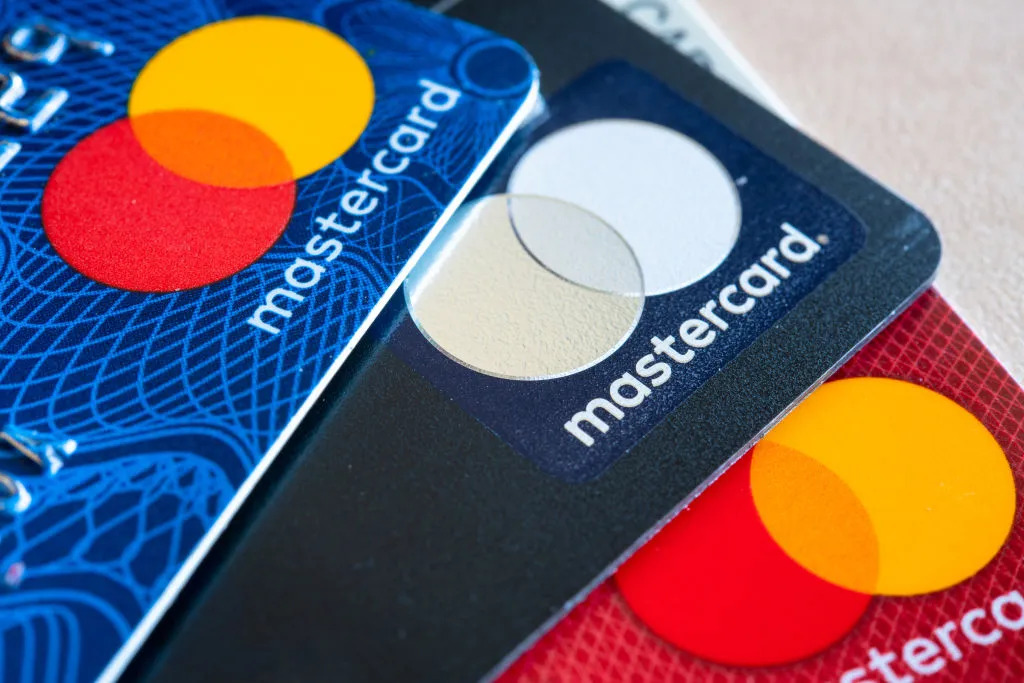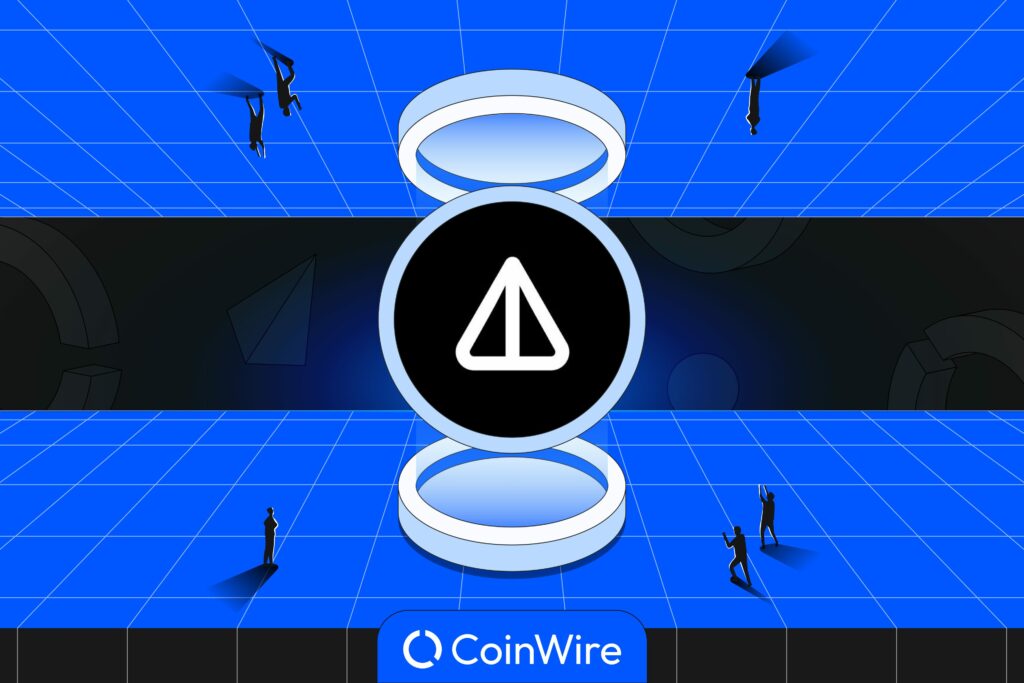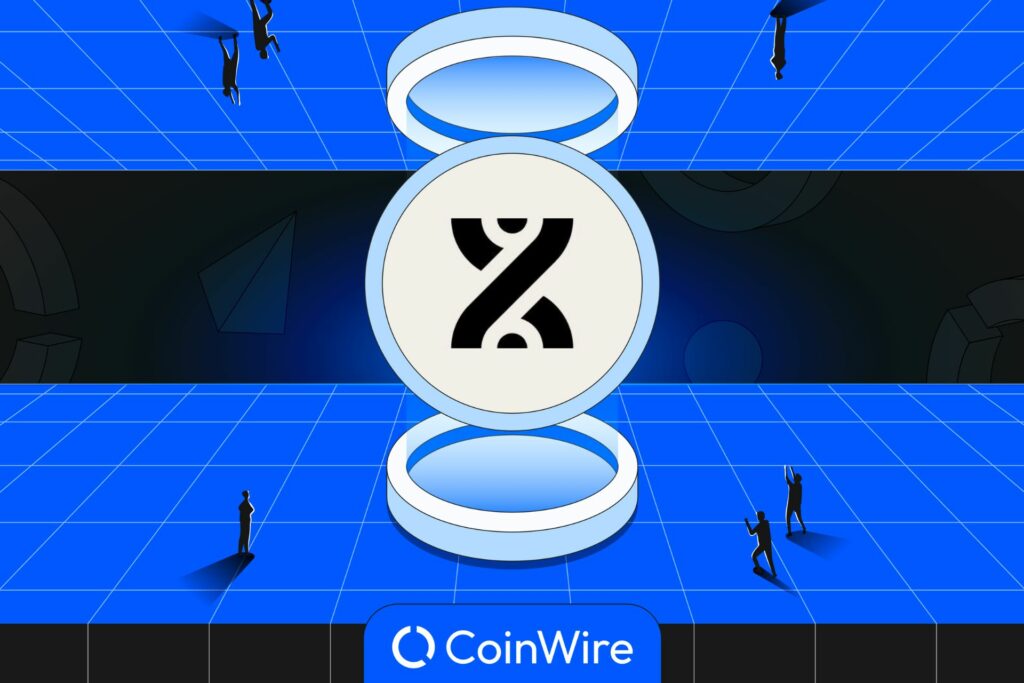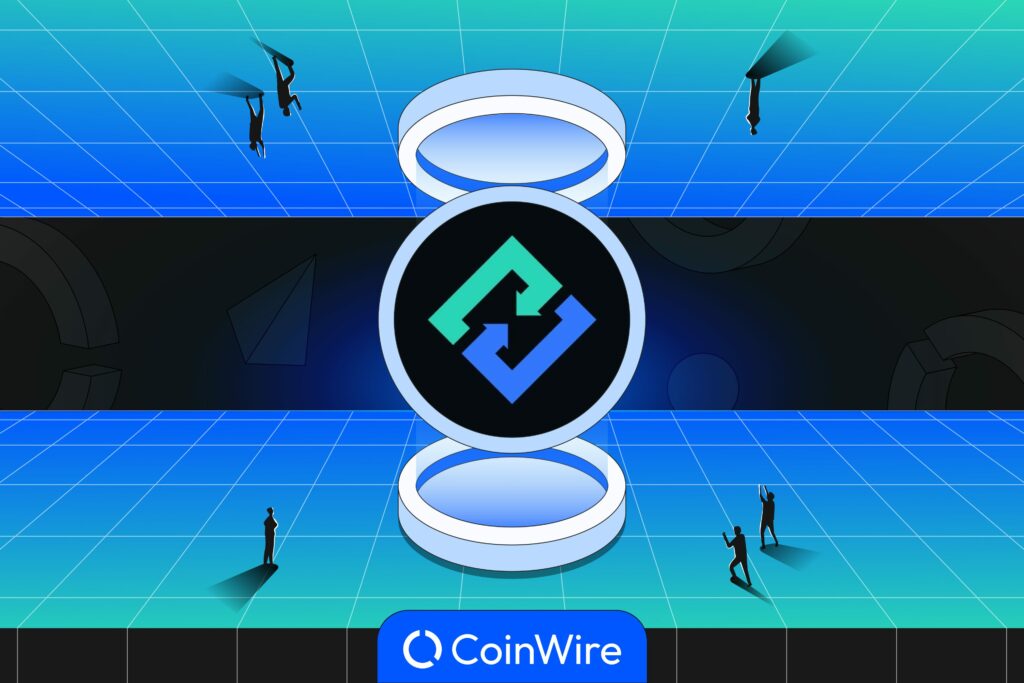Mastercard, in a groundbreaking collaboration with the Reserve Bank of Australia (RBA) and the Digital Finance Cooperative Research Centre (DFCRC), recently completed a pivotal trial exploring the integration of Central Bank Digital Currencies (CBDCs) with public blockchains. The project focused on showcasing the seamless interoperability between private and public blockchains, specifically emphasizing the potential of CBDCs on the Ethereum blockchain. Mastercard’s successful demonstration marked a significant step toward enabling consumers to engage in commerce across multiple blockchains securely and efficiently.
Interoperability Unleashed: Mastercard’s CBDC Trial on Ethereum

Mastercard’s participation in the RBA and DFCRC’s CBDC pilot project revealed a transformative solution that allows CBDCs to be tokenized or “wrapped” onto different blockchains. This innovation ensures consumers have a new option to participate in commerce across multiple blockchains with enhanced security and ease. The collaboration with Australian payment company Cuscal and the NFT marketplace Mintable resulted in the development of a robust system. The solution not only showcased Mastercard’s technological prowess but also emphasized the importance of maintaining controls, compliance, and security when transacting CBDCs on public blockchains like Ethereum.
Read more: Australia’s Central Bank Explores Ethereum-Based CBDC Pilot Program
Elevating the Potential of CBDCs and NFTs: A Glimpse into the Future

During the live demonstration, Mastercard illustrated the practical application of this innovative solution. A pilot CBDC holder was able to purchase a Non-Fungible Token (NFT) listed on the Ethereum public blockchain. This process involved “locking” the required CBDC amount on the RBA’s platform while minting an equivalent amount of wrapped CBDC tokens on Ethereum. Crucially, the transaction implemented stringent controls, ensuring that the involved parties, including the Ethereum wallets of the buyer and seller, as well as the NFT marketplace smart contract, were ‘allow-listed’ within the platform. This successful test transaction highlighted Mastercard’s ability to implement robust controls even on public blockchains, offering a glimpse into the future of CBDC-NFT integration.
Read more: Russia Advances CBDC Plans with 13 Banks in Digital Ruble Testing
Conclusion
Mastercard’s successful CBDC trial on Ethereum signifies a milestone in digital currencies. Enabling CBDC interoperability with public blockchains opens secure avenues for multi-blockchain transactions. This innovation anticipates future collaborations, emphasizing Mastercard’s commitment to shaping the global digital economy.






